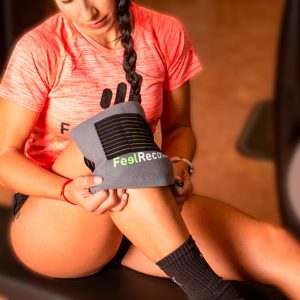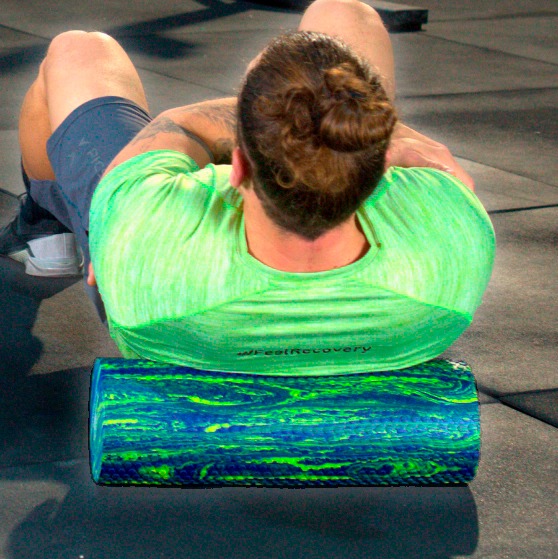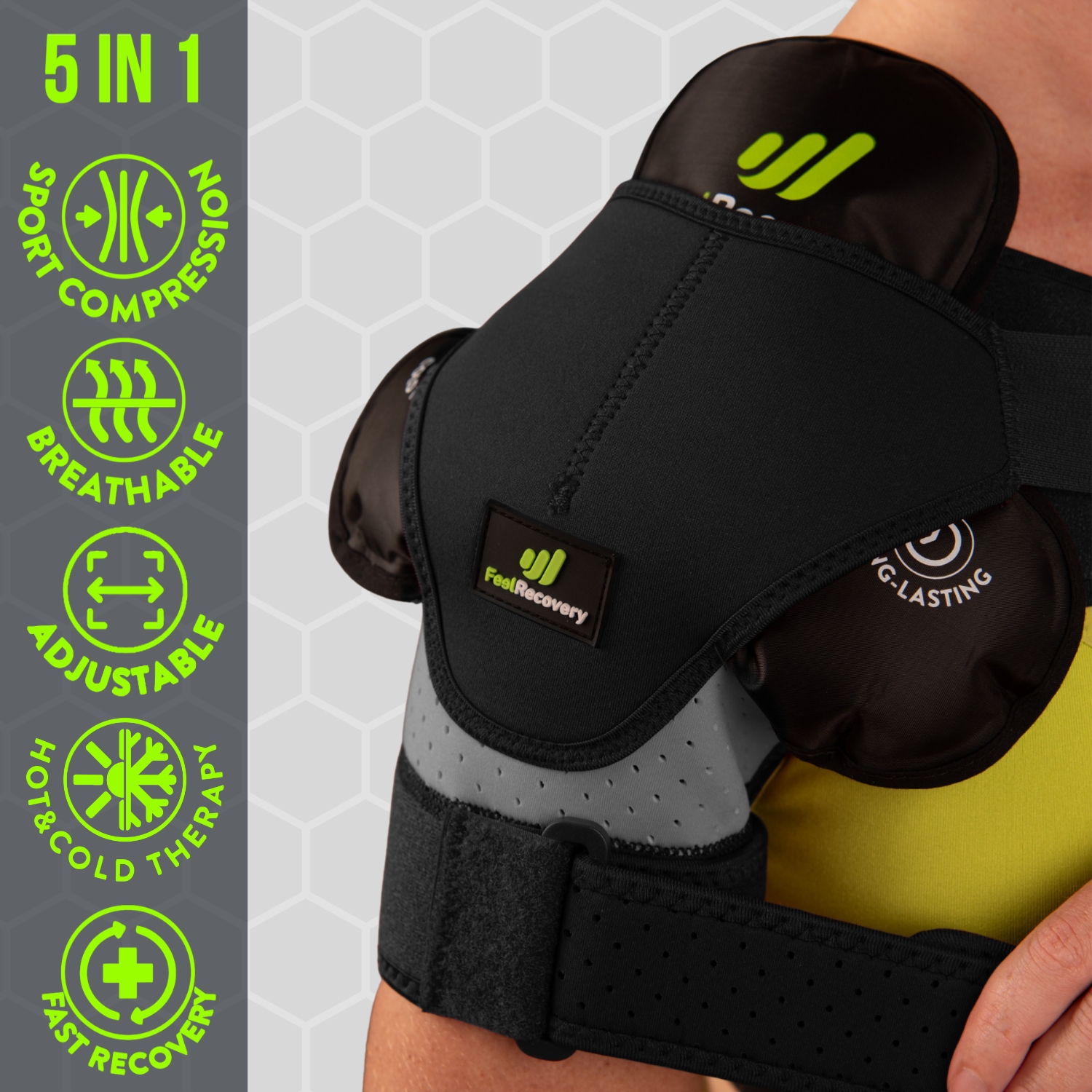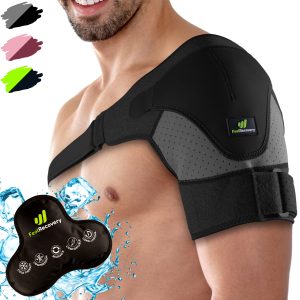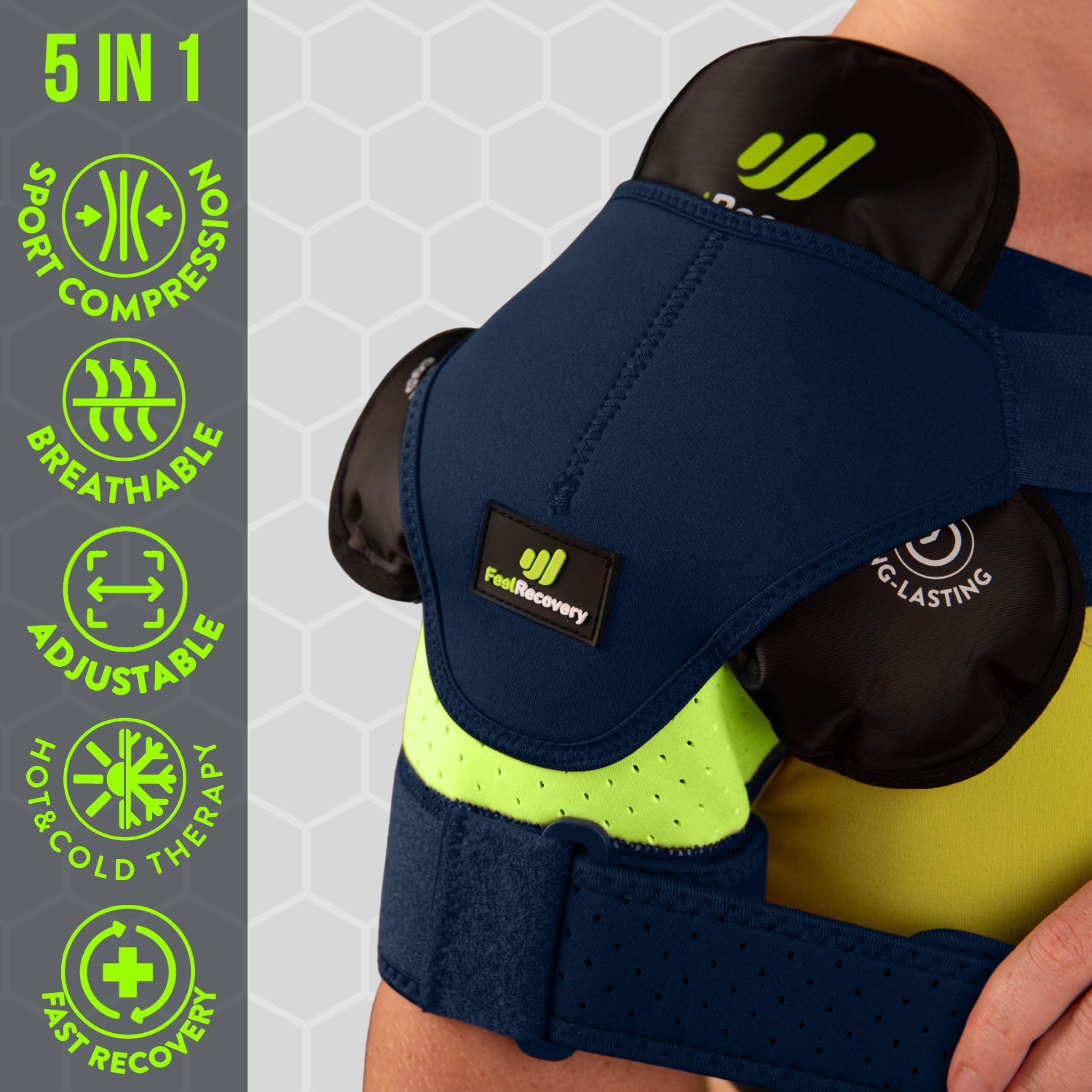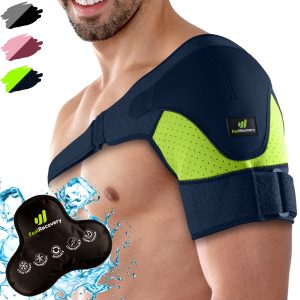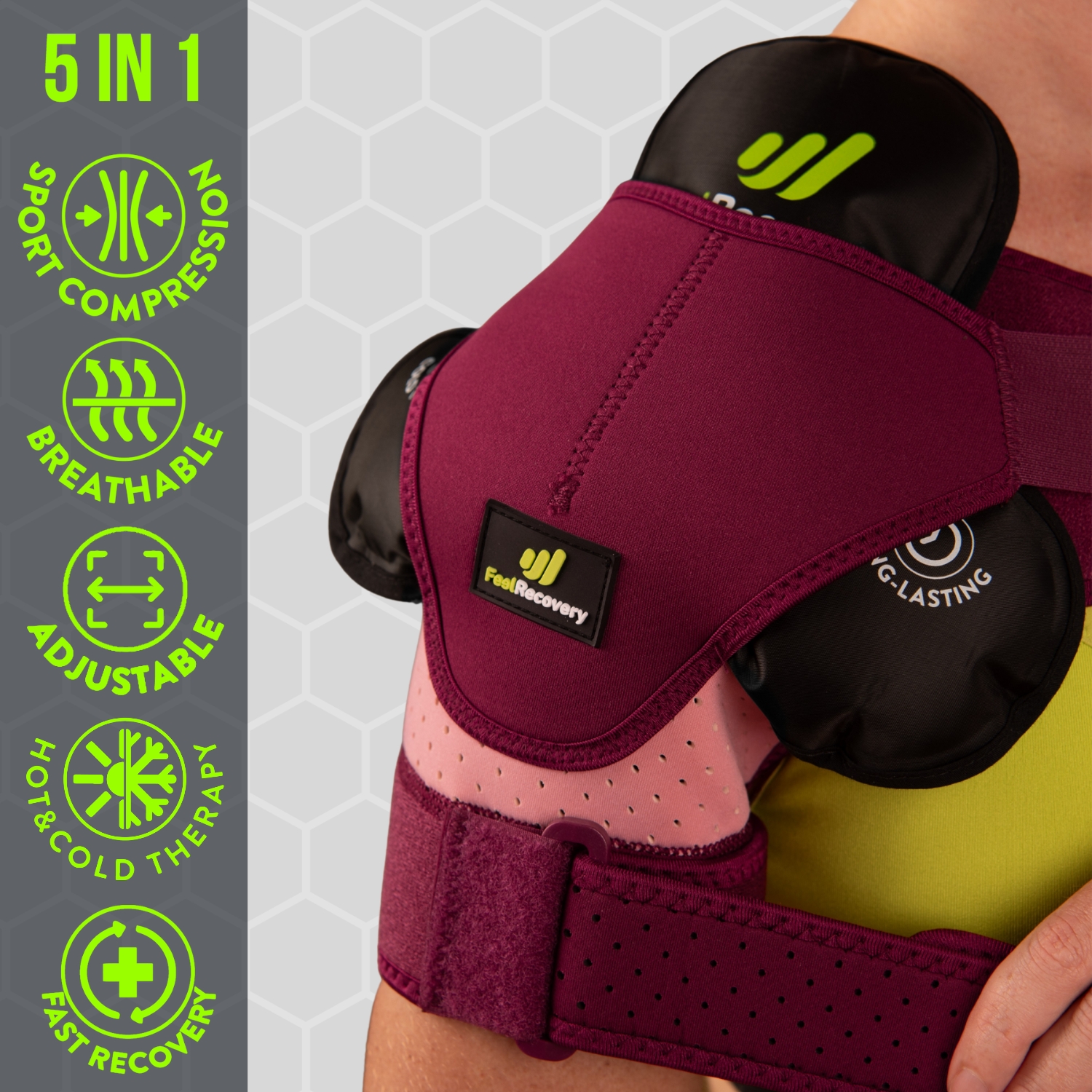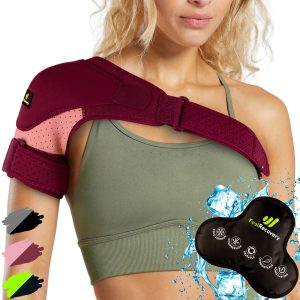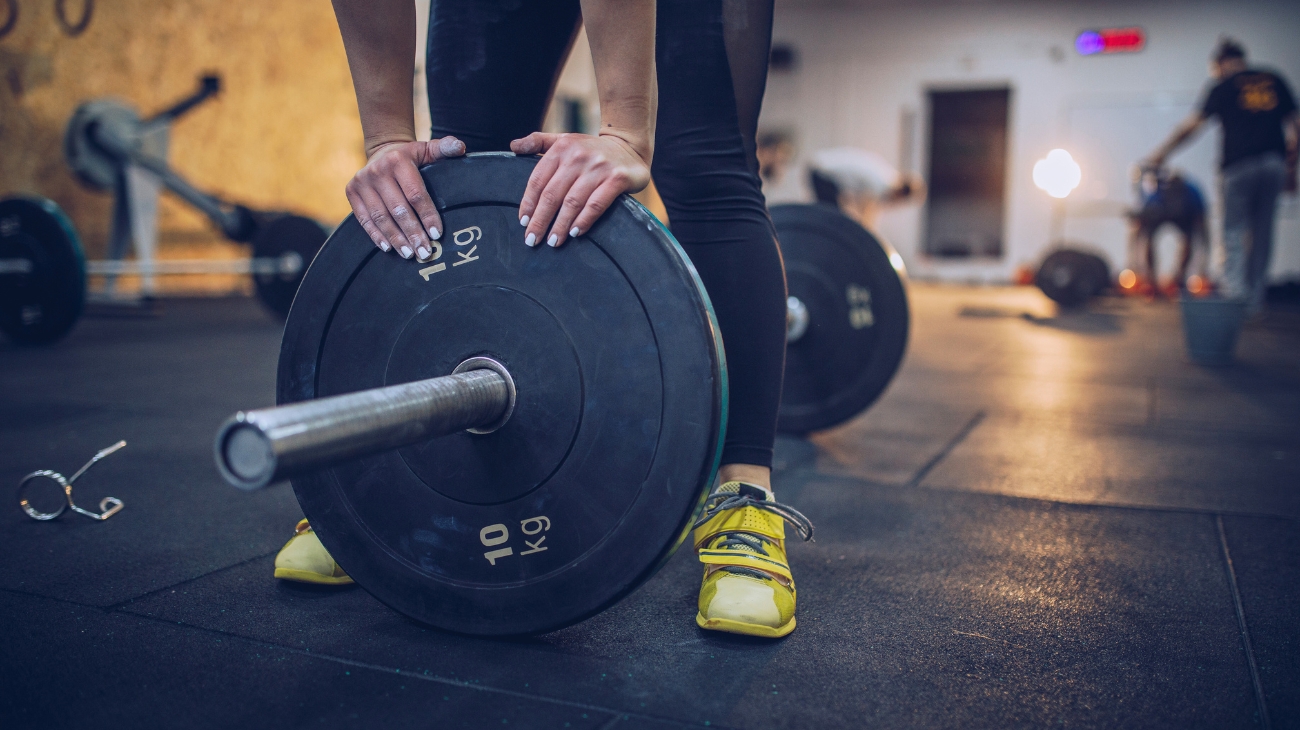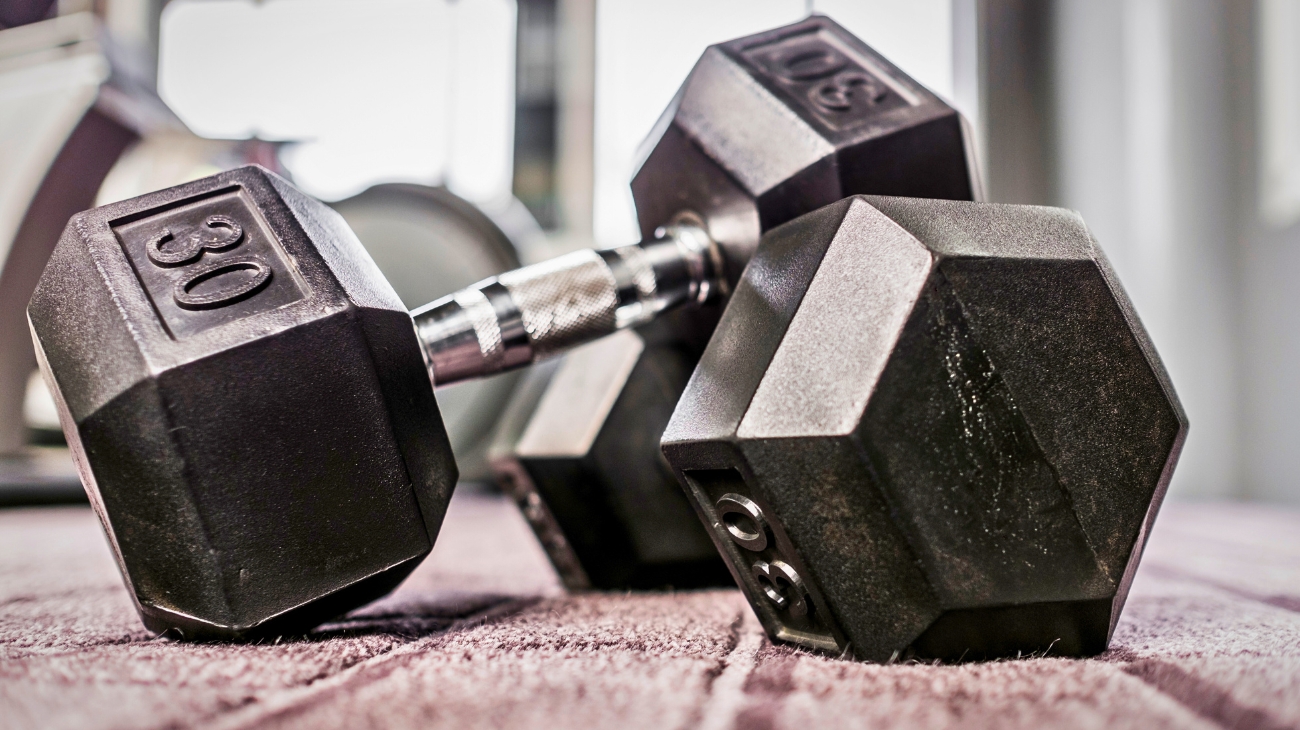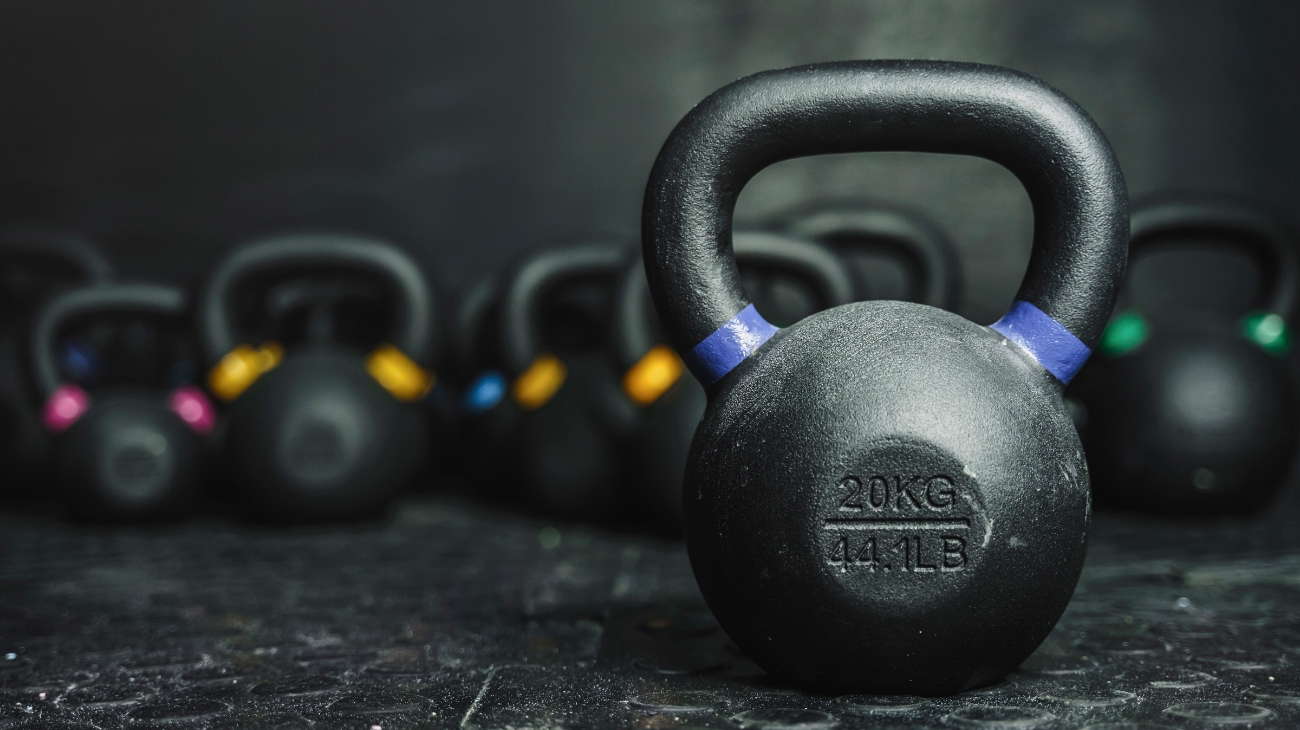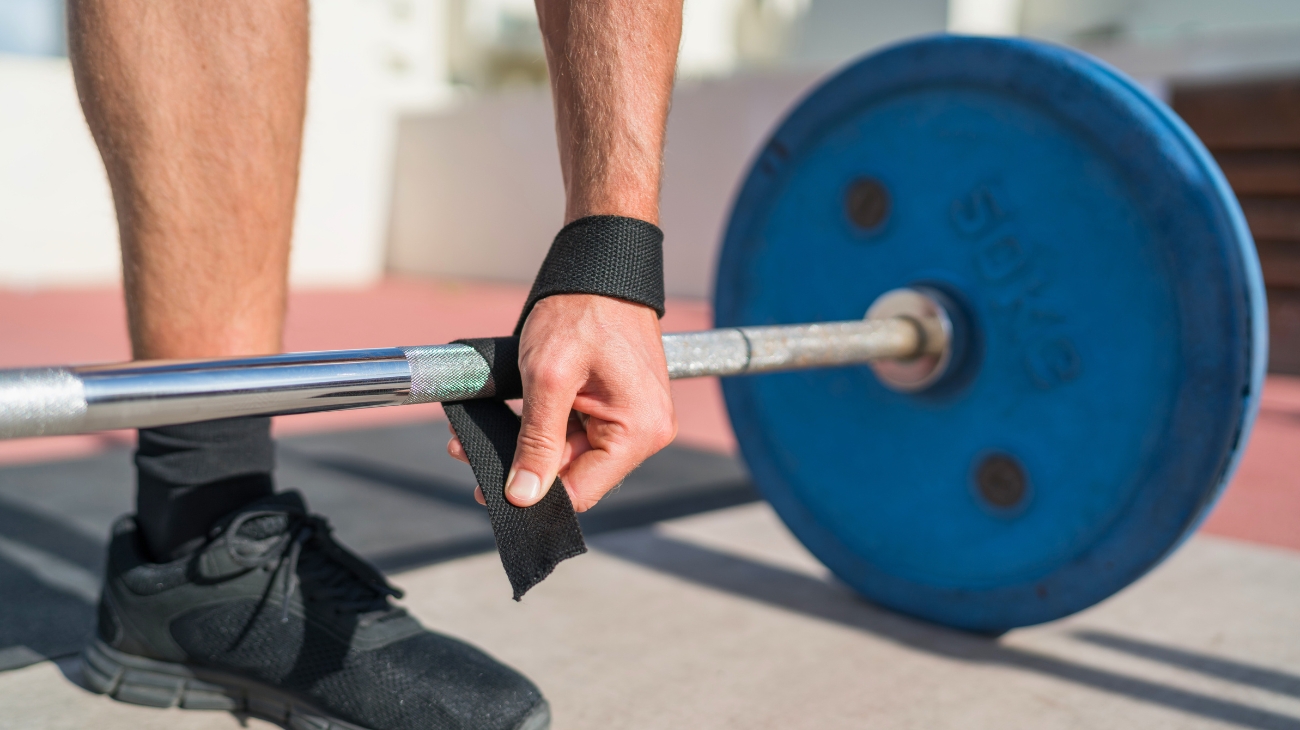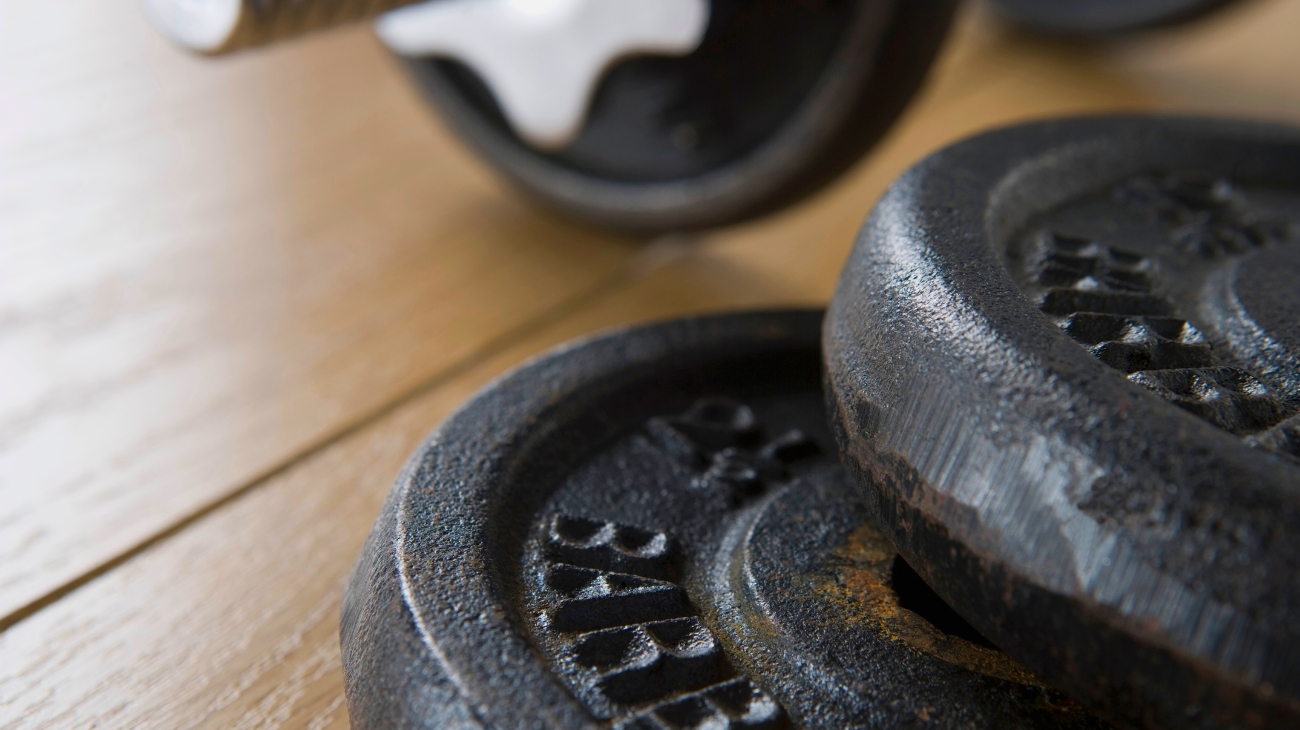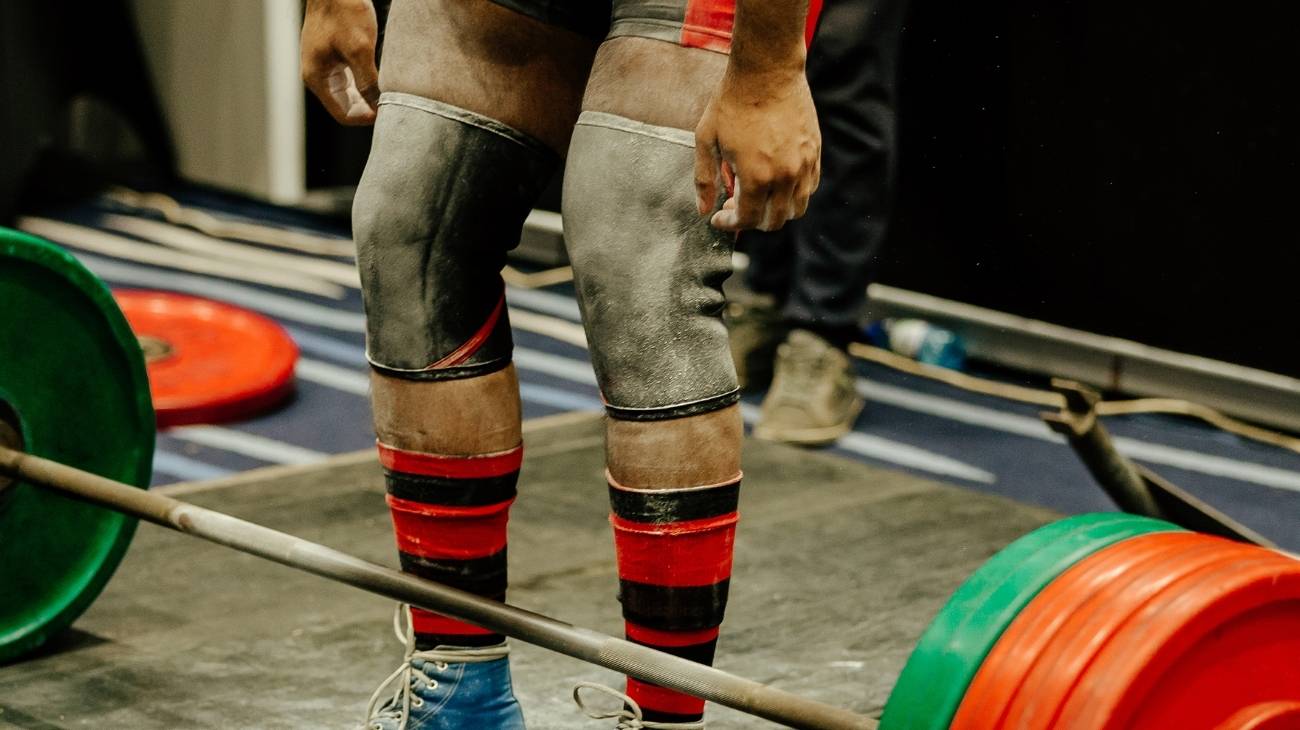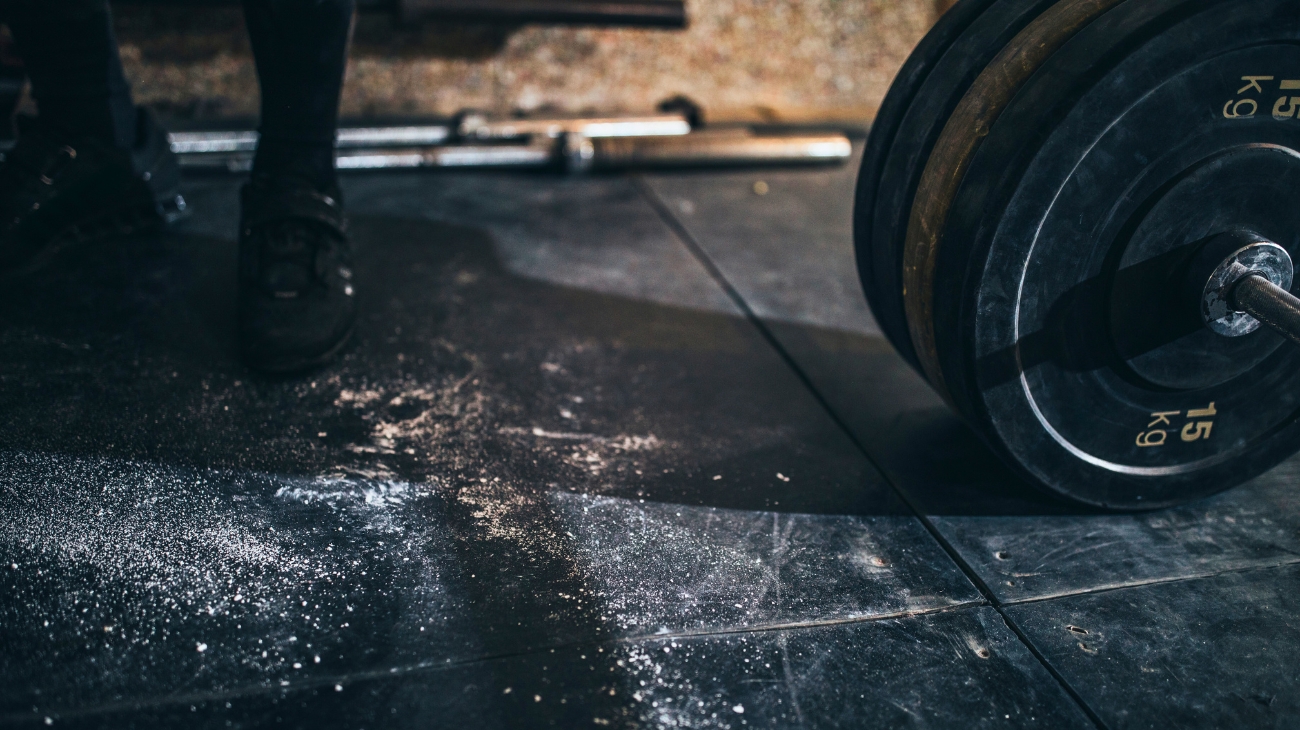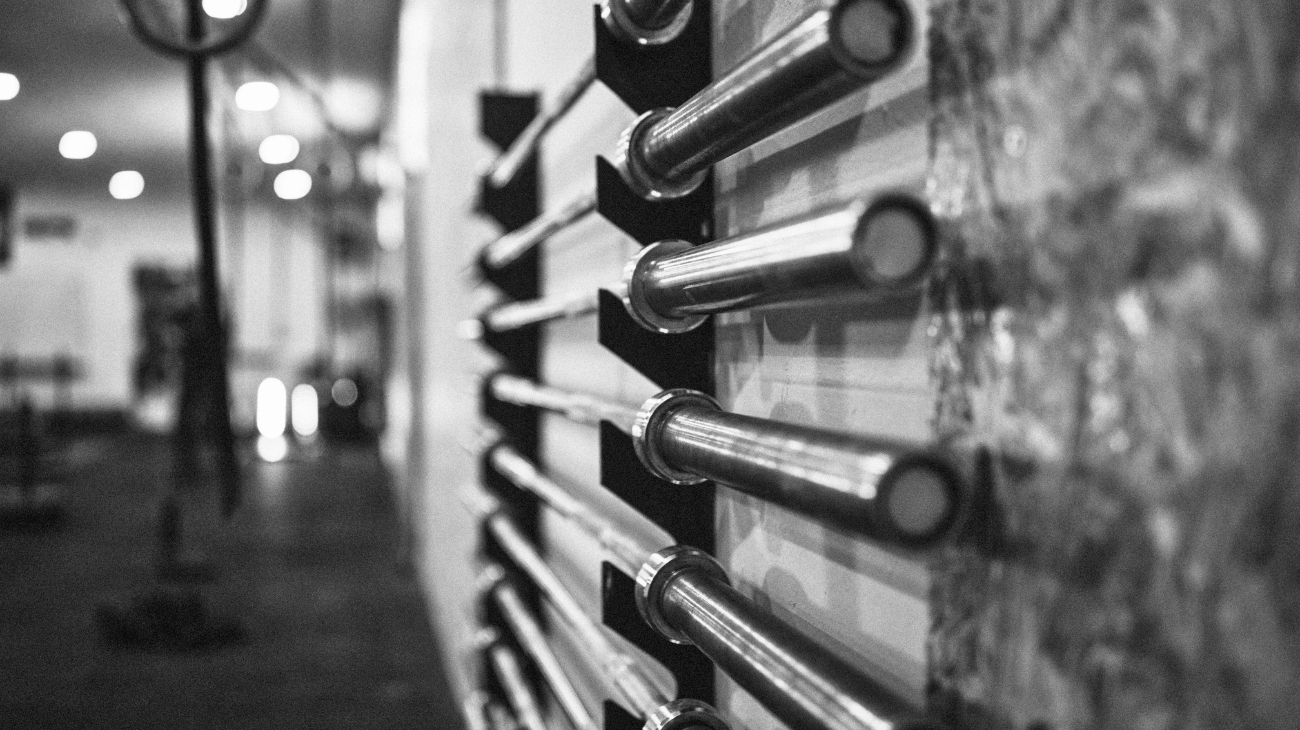Weightlifting demands peak performance and precision, especially when it comes to your shoulders. The shoulders are one of the most mobile yet vulnerable joints in the body, making them prone to injuries like rotator cuff tears, impingement syndrome, dislocations, and tendonitis. Using shoulder braces, supports, and compression sleeves can provide the necessary protection, stability, and recovery aid to keep you lifting safely and effectively.
Shoulder braces are designed to offer stability and limit excessive movement, reducing the risk of dislocations or strains during intense lifting sessions. They provide targeted support to maintain proper alignment and minimize pressure on injured or weak areas. Braces are particularly beneficial for exercises like bench presses, overhead presses, and snatches, where the shoulders bear significant loads.
For lifters dealing with rotator cuff injuries or post-injury recovery, shoulder braces help by immobilizing and protecting the joint while allowing controlled movements. This ensures you don’t exacerbate existing injuries while maintaining your strength training routine. Many braces come with adjustable straps to allow for a custom fit, ensuring comfort and effectiveness throughout your workout.
Shoulder supports are excellent for lifters experiencing mild to moderate discomfort or weakness. These supports offer compression and warmth, which can reduce inflammation and promote blood flow to the affected area. This helps alleviate stiffness and pain, allowing you to perform exercises like push-ups, rows, and lateral raises without discomfort. Supports are often less restrictive than braces, making them ideal for ongoing use during workouts.
Compression sleeves for shoulders are designed to deliver consistent pressure to the muscles and ligaments. This compression improves circulation, reduces swelling, and enhances muscle recovery after intense weightlifting sessions. Compression sleeves also help in reducing muscle vibrations, which can lead to fatigue and micro-tears. They are lightweight, flexible, and easy to wear under your workout clothes, providing non-intrusive support.
When choosing the best shoulder brace, support, or compression sleeve for weightlifting, consider the following factors: material, adjustability, and the type of support needed. High-quality materials like neoprene, elastic blends, and breathable fabrics ensure durability and comfort. Adjustable straps and closures help you customize the fit, ensuring the brace stays in place during high-impact lifts.
Breathable designs are essential to prevent overheating and discomfort during extended workouts. Look for braces and supports that feature ventilated panels or moisture-wicking materials to keep your skin dry. For athletes with sensitive skin, products made from hypoallergenic materials can help prevent irritation.
To maximize the effectiveness of shoulder braces and supports, ensure you use them consistently during workouts, especially when performing heavy lifts. Combining shoulder supports with proper warm-up routines, stretching, and strength-building exercises can further reduce injury risks and enhance performance. Regularly inspect your braces and sleeves for signs of wear and tear, and replace them when needed to maintain optimal support.
Investing in high-quality shoulder braces, supports, and compression sleeves is a smart choice for any weightlifter serious about protecting their shoulders. These tools not only help prevent injuries but also allow you to train harder, recover faster, and lift with confidence.
FAQ: Frequently Asked Questions
What are the benefits of using shoulder braces for weightlifting?
Shoulder braces provide stability, limit excessive movement, and protect the joint from dislocations and strains. They help maintain proper form and reduce the risk of injury during heavy lifts.
How do I choose the right shoulder support for weightlifting?
Consider the type of injury or discomfort you experience. For rotator cuff issues, opt for a brace with immobilization features. For general support, a compression sleeve or adjustable support may be ideal.
Will shoulder compression sleeves improve my recovery?
Yes, compression sleeves improve blood flow, reduce inflammation, and help alleviate muscle soreness, speeding up your recovery after intense workouts.
Are shoulder braces comfortable to wear during workouts?
Yes, most shoulder braces are designed with adjustable straps and breathable materials to provide comfort and flexibility during workouts.
How do I care for my shoulder brace to extend its lifespan?
Hand wash with mild soap and cold water, then air dry. Avoid using heat or harsh chemicals to maintain the elasticity and durability of the brace.


